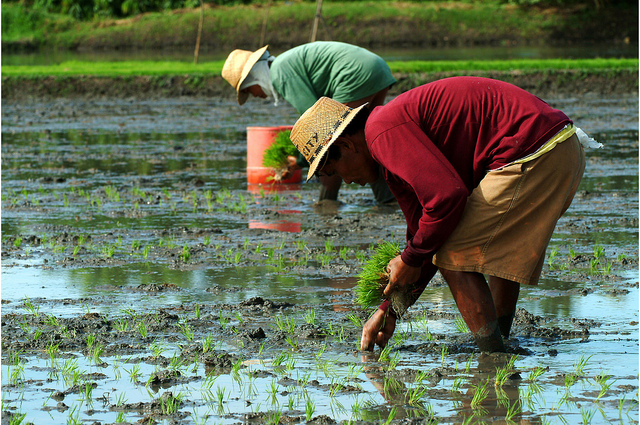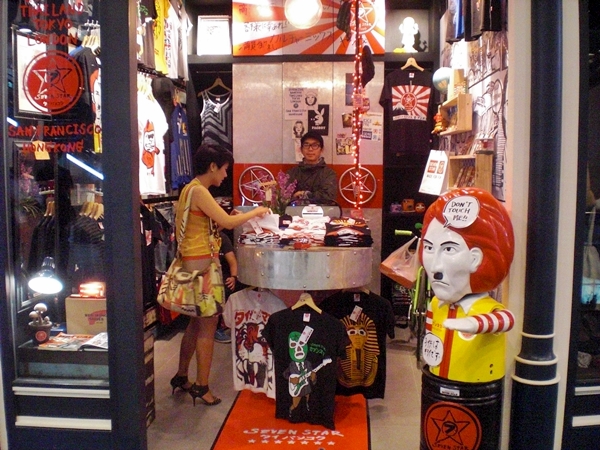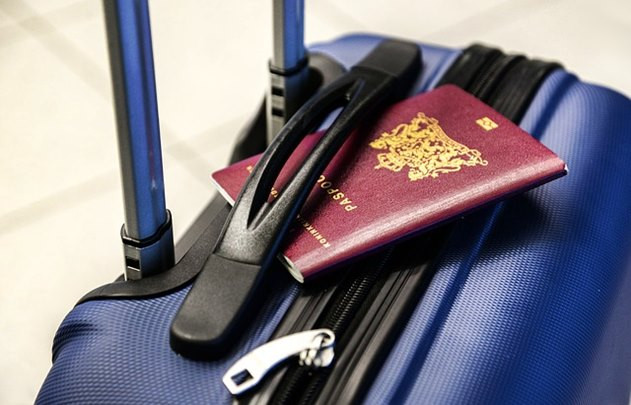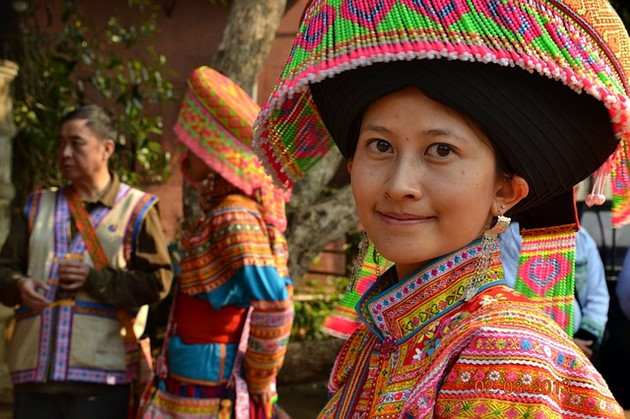
Which jobs are foreigners not allowed to do in Thailand?
As a long-term resident of Thailand, I do love living in the country. One thing, however, has always bothered me and that’s the fact that foreigners (non-Thais) are not allowed to work in the vast majority of occupations in Thailand. That’s because, many years ago, Thai authorities drew up a list of ‘Prohibited Occupations’ that fall under the Alien Employment Act — jobs foreigners are not allowed to do in Thailand — and that list is still in use today.
Most westerners and other non-Thais who move to Thailand have no idea they will be limited in their choice of career once they get here. If they did, some may actually consider moving to Thailand a poor career decision and head to a less-discriminatory country instead.
After all, in the 21st century, it’s a little odd that a country that purports to be a democracy is still so discriminatory to a sizable percentage of the people living in it. Particularly when Thais living in the US, the UK, Europe, Australia, Canada and a huge percentage of the rest of the world are allowed to do any job they want.
Meanwhile, some foreigners who move to Thailand start out as teachers, believing they’ll eventually be able to move into a different occupation or work for a Thai company in a new capacity. Sadly, in most cases, that’s not true as many of the jobs non-Thais would be interested in or qualified for fall under the ‘Prohibited Occupations’. That means any Thai company hiring a non-Thai to do them can get in trouble.
Here are the categories of jobs in Thailand that non-Thais will not be able to be employed in and some of the jobs that fall within them. They are split up into three categories, with the first two categories being types of employment non-Thais will rarely, if ever, be allowed to work in. The third category, Category C, are open to non-Thais but with the correct permits, of course.
Categories A and B – (Highly unlikely to be open to non-Thais):
Agricultural jobs, which includes rice and salt farming, or rice milling. Non-Thais are not even allowed to own rice fields.
Land trade – which also includes buying and selling real estate as a career.
Service companies like accountants, architecture, advertising jobs, any type of job in the Thai beauty industry such as a hairdresser or a make-up artist.
Any job that involves brokerage such as in the buying and selling stocks and shares.
The building industry is completely closed to non-Thais. Non-Thais are also not allowed to own land in Thailand (thus why most non-Thais buy apartments, as they cannot buy a house as that would necessitate owning the land it sits on).
The Fishing industry is completely closed to non-Thais.
Most jobs in the handicrafts industry are closed to foreigners, so non-Thais are not allowed to be a wood carver, make, process or print silk or create products out of silk, make jewelry, or manufacture clothing, hats or shoes,
Newspaper industry – this includes both printing and publishing, although being a journalist or writer is allowed with a special permit.

Retail industry – you will never see a non-Thai working in a shop, department store, coffee shop, trading antiques or working in an art gallery.
Tourist and hotel industry – This is almost completely closed to non-Thais, which means they are not allowed to be a tour guide or work for a tour company. cannot be a photographer, work in a hotel or in any other type of service job connected to the tourist or hotel industry. They are allowed to be involved in hotel management and as a chef, with a special permit.
Transportation industry — Anything connected to the transportation industry is closed to foreigners in Thailand — ie: driving or working on buses, trains, planes, boats etc.
Which jobs are open to foreigners in Thailand? – With the vast majority of jobs closed to non-Thais in Thailand, you are probably wondering what type of job you could do if you decided to move to the Land of Smiles. Actually, your opportunities would be limited but here are some of the industries you could be involved in.
Teaching – The main occupation for foreigners in Thailand, with the vast majority of non-Thais becoming teachers simply as it’s one of the few jobs they are allowed to do.
Exporting – as long as the goods you plan on exporting are not involved in categories A and B, you can own your own exporting business.
Selling food – This is an odd one, as it’s technically ‘selling food or drink that promote tourism’, which in reality means you had better check carefully with the Thai Labour Office before you decide to go into business selling a certain food or beverage, as it very well may not fall under the category of ‘can be sold by foreigners’. You cannot, however, work in a shop as a shop assistant selling food, as that is one of the ‘Prohibited Occupations’ for non-Thais.
Handicrafts – You can manufacture textiles (but not silk). You can also dye fabric and print fabric, as long as it’s not silk. You can also make glassware (but not pottery or ceramics), and be involved in the paper printing industry.
Mining – Should you want to be involved in the mining industry you can do so.
Do remember, however, if you decide to take any job in Thailand, you must have a work permit and the appropriate work visa before you begin working. Working without these is illegal and can involve a heavy fine, possible jail time and deportation.
You’ll find the entire list of Prohibited Occupations for Foreigners in Thailand, along with a huge amount of information about the application for and cost of work permits and legal paperwork involved in working in Thailand at Bangkok International Associates.



